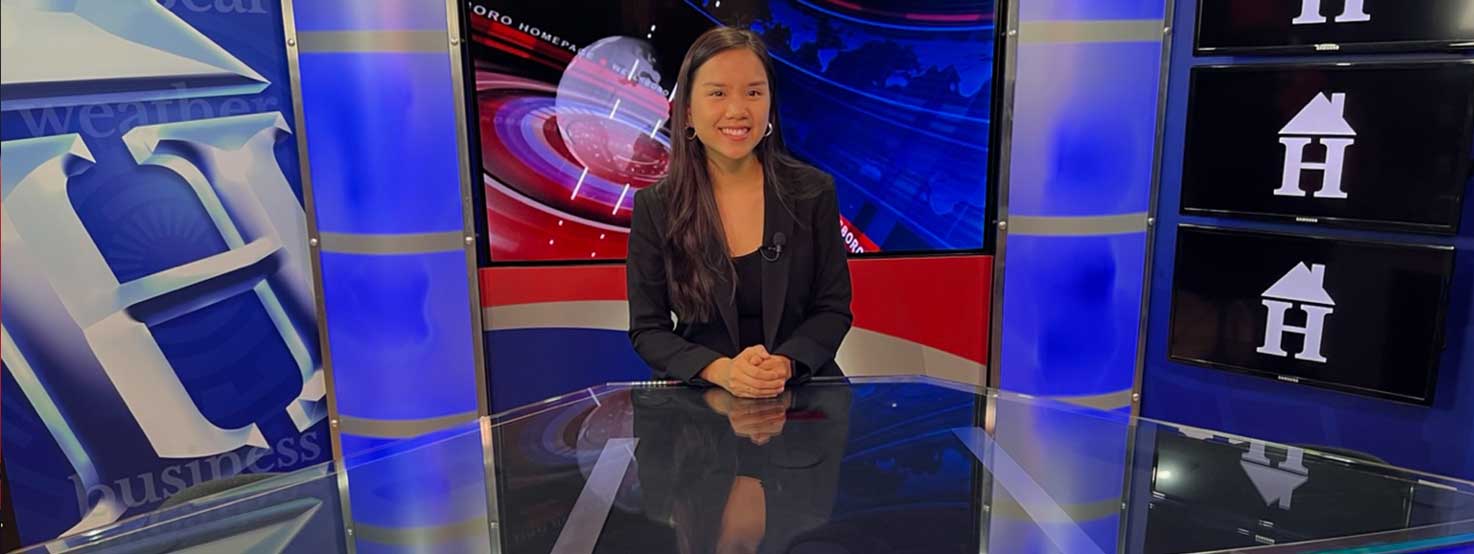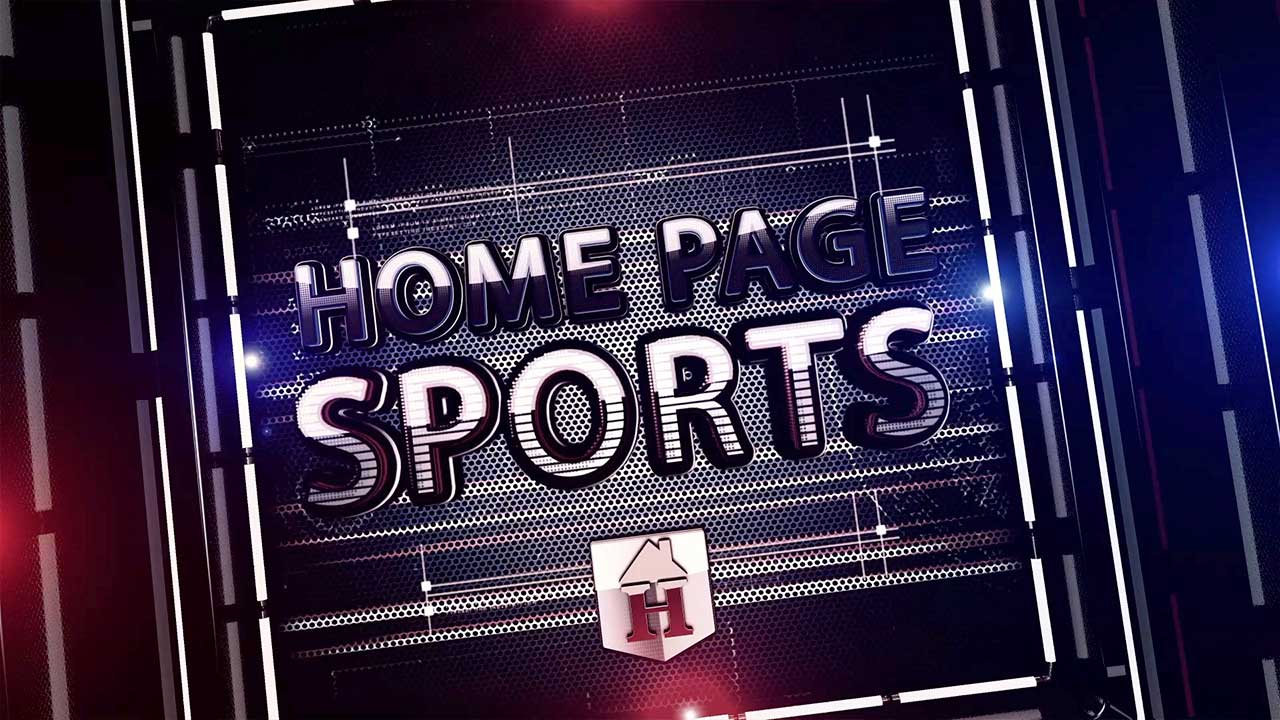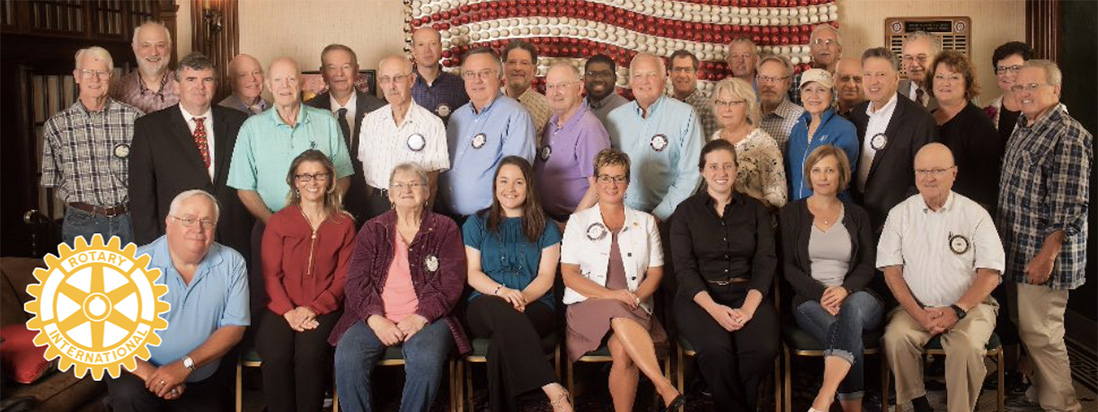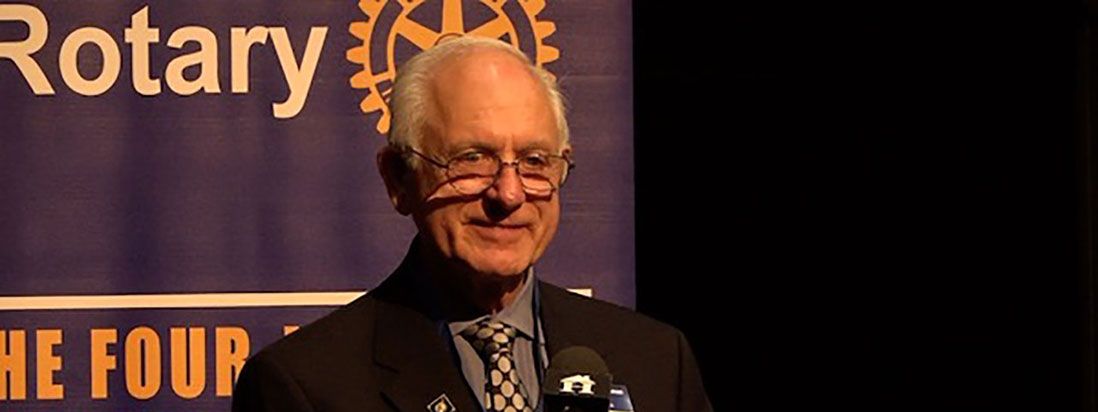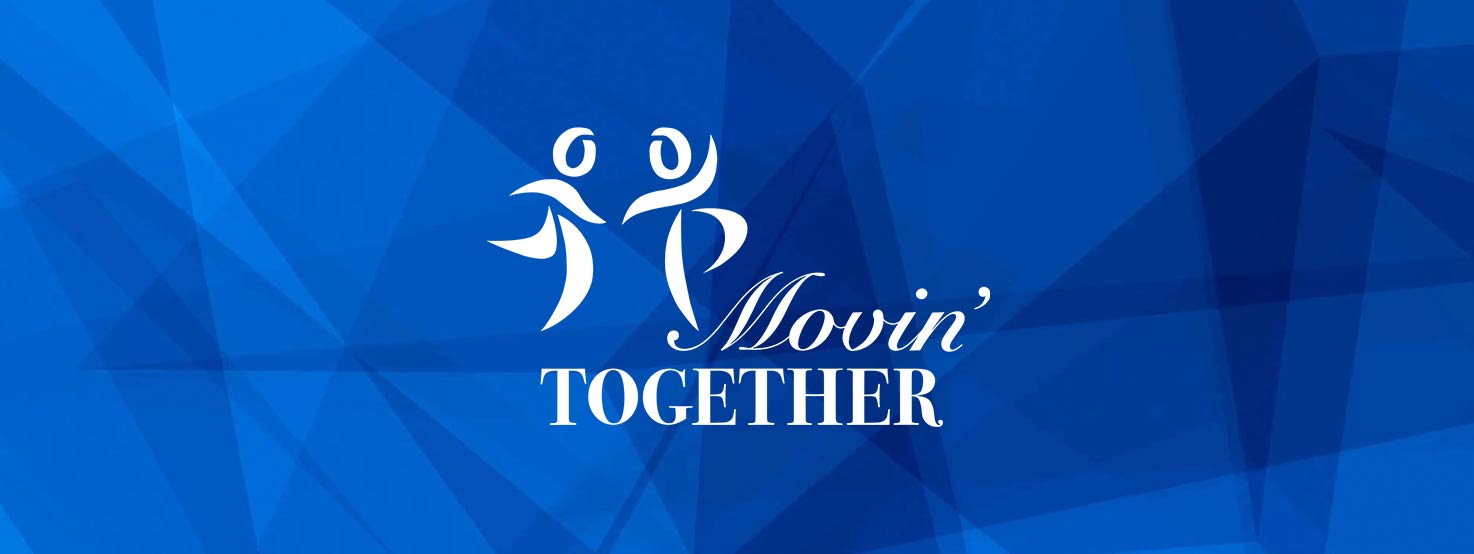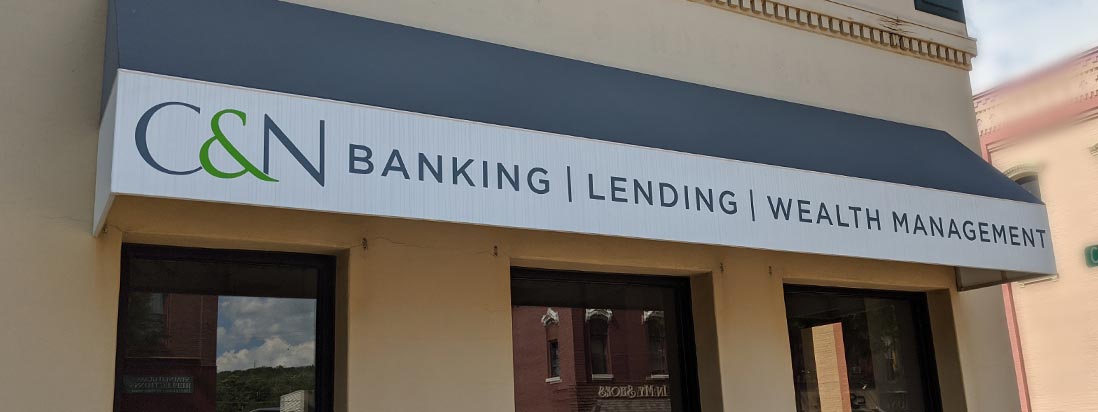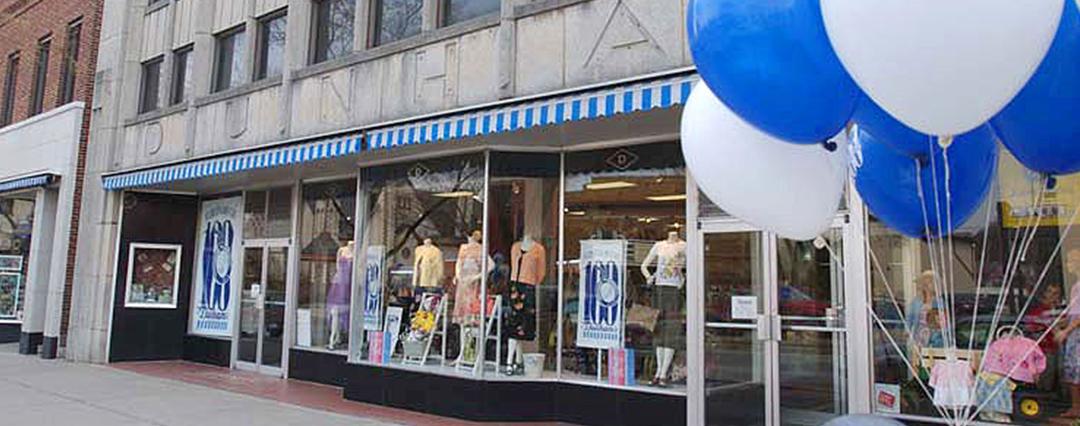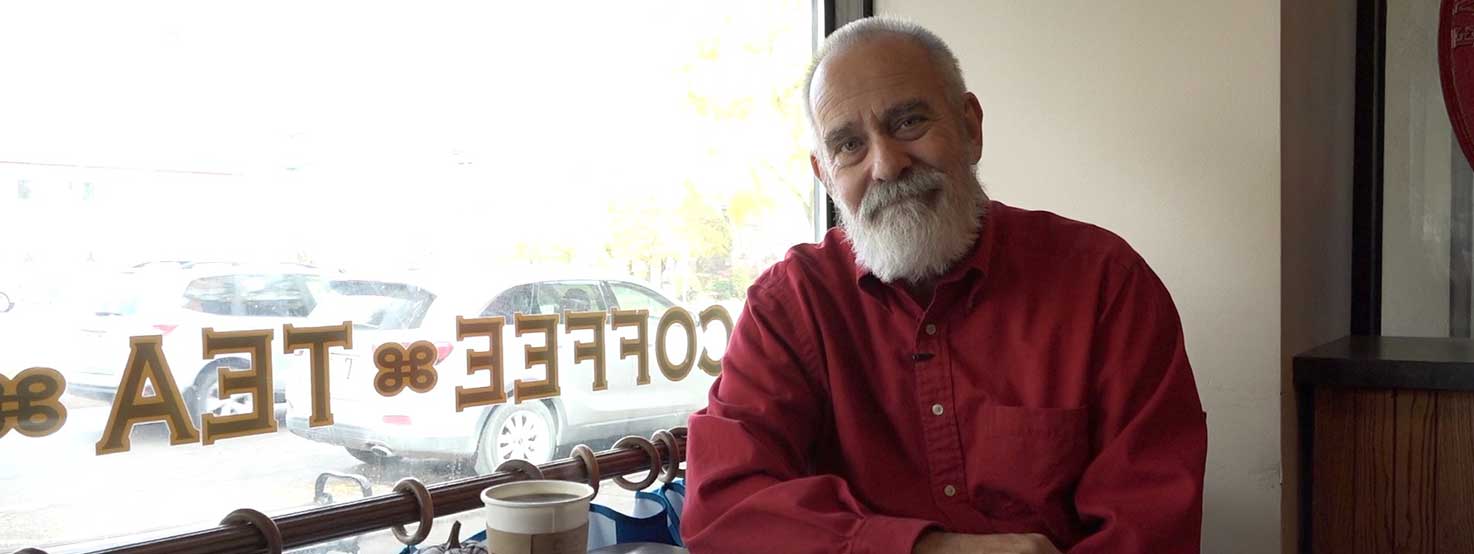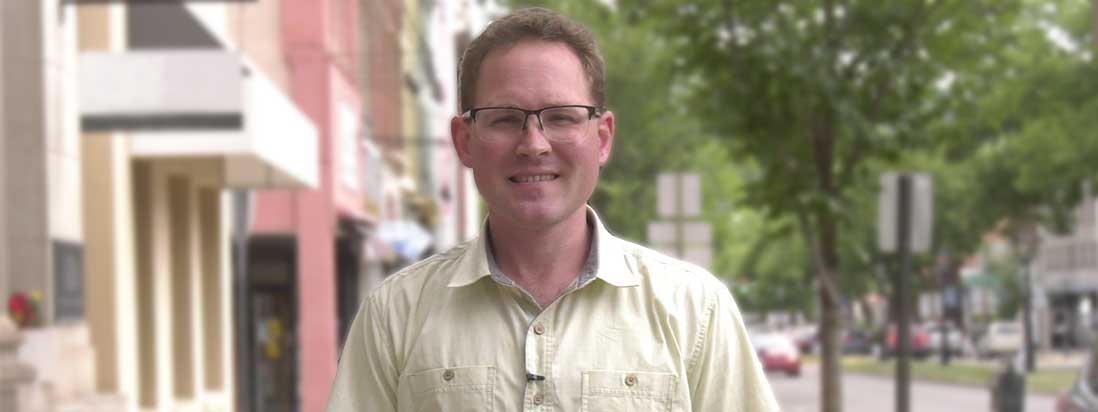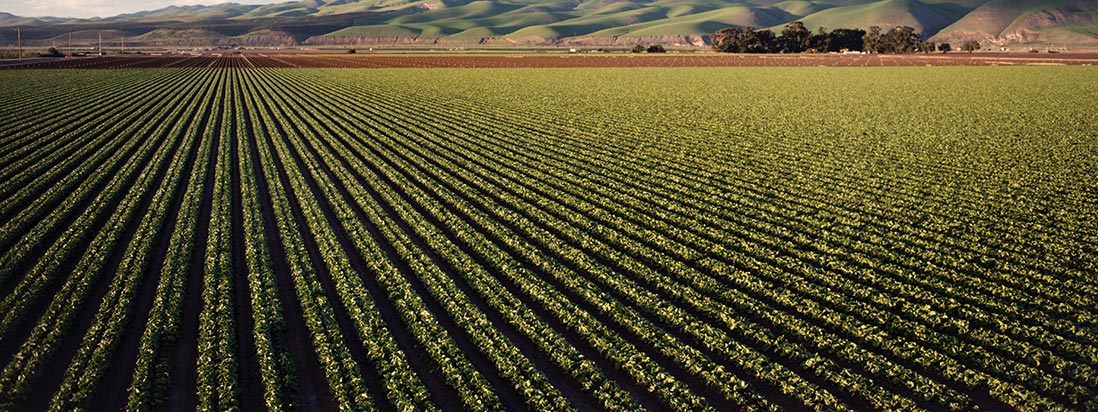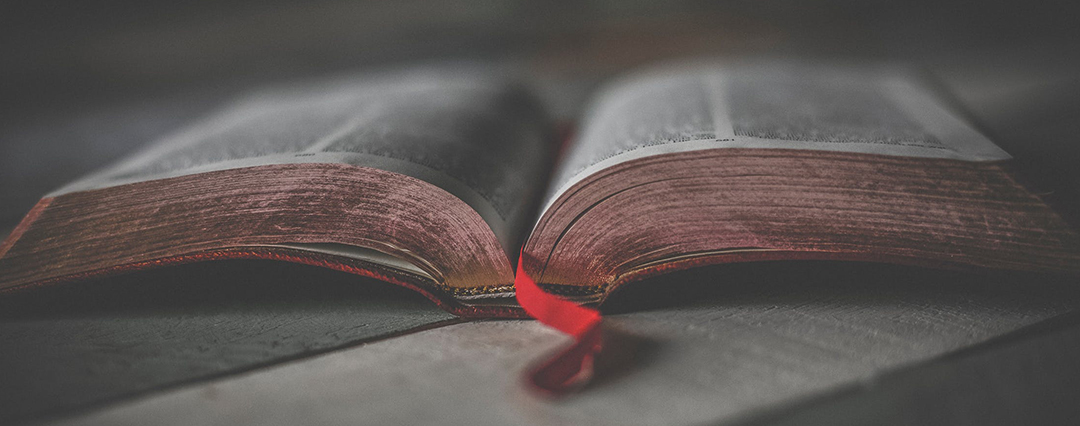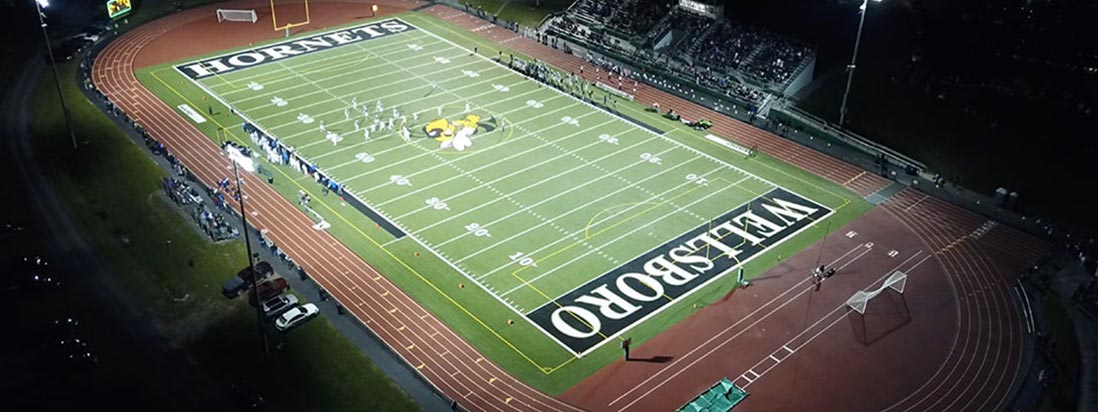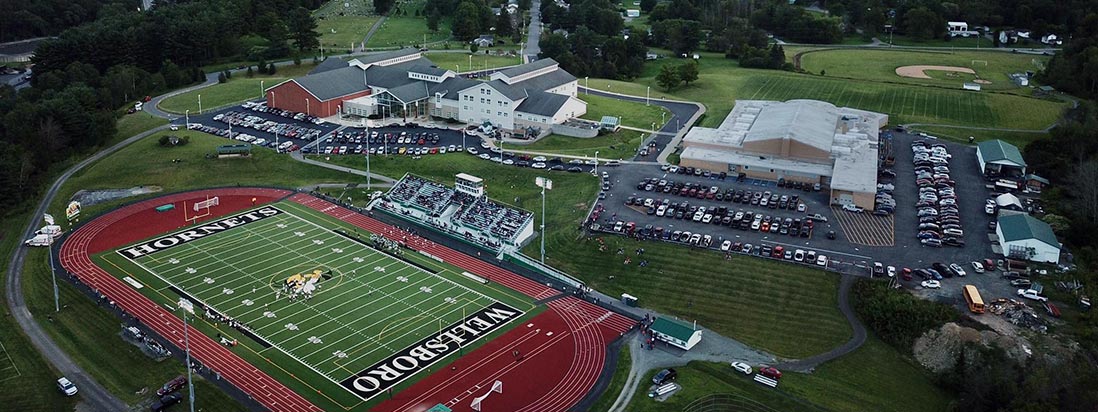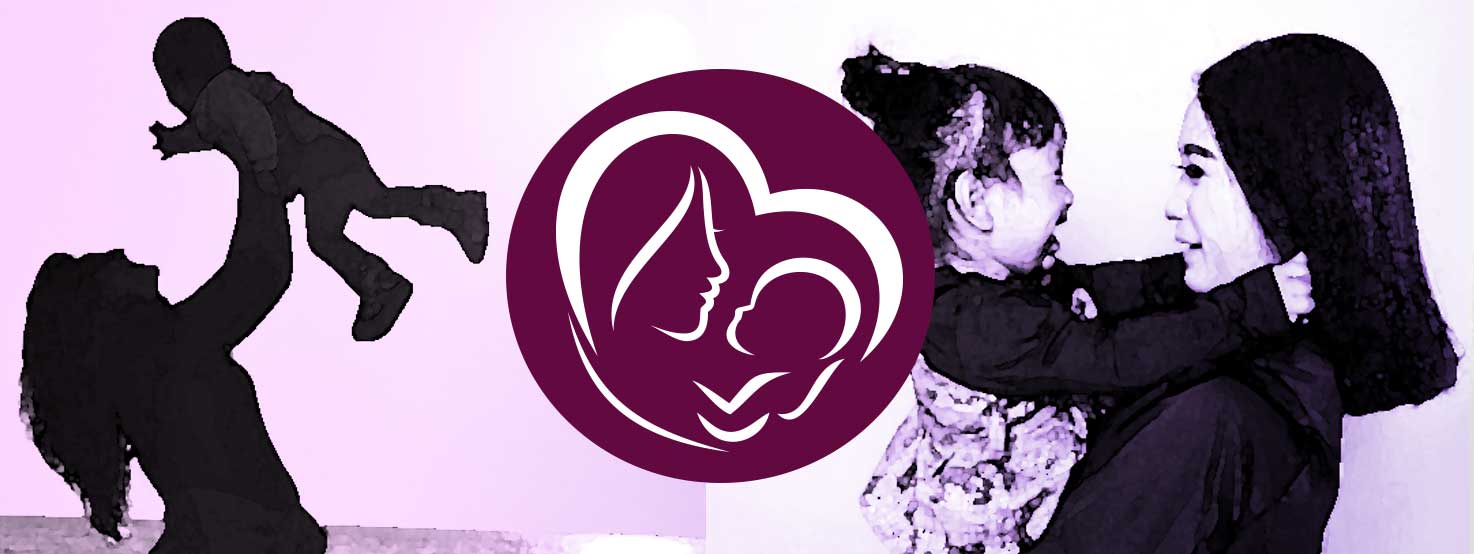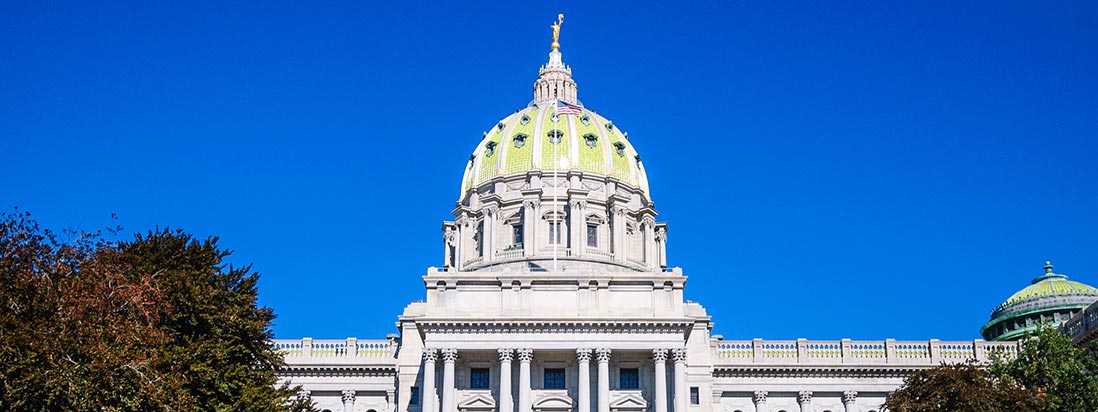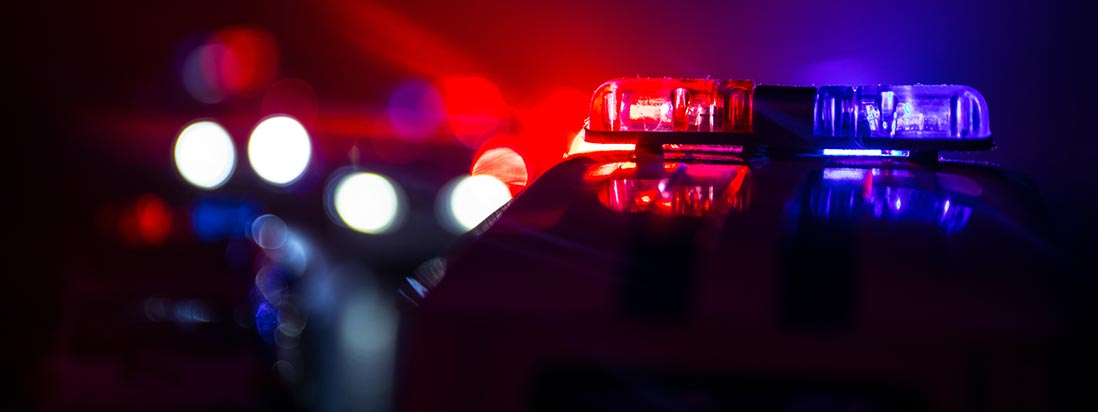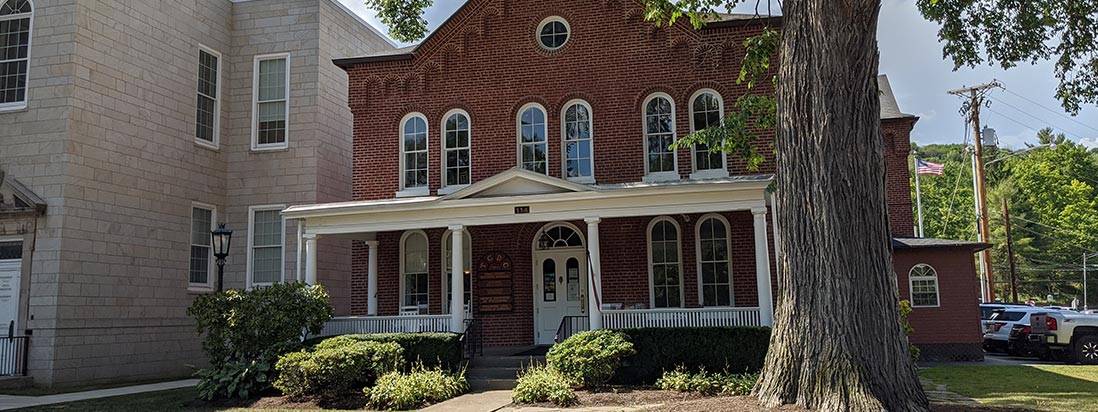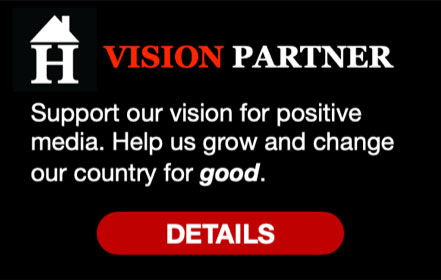Our Food Depends On These Little Creatures
I was frustrated when our grass in the front yard reached the heavens! We had switched mowing services, and either we had to acquire another mowing service or purchase a mower. Both of those options were pricey for the Vogt budget. So while sitting on my new front porch during those few weeks, I noticed butterflies, birds, and insects enjoying the wildflowers where mowed grass would have been.
So I started researching and found good news: cutting the grass less may be better for the environment. Trimming the number of times you run the mower around the yard, known as “low mow,” can help reduce carbon emissions, build soil organic matter, and even enhance pollinating habitats for bees.
So I called DCN Botanist/ Ecologist Chris Firestone, who joined me in the studio to discuss pollinators and how we can help them survive and thrive. Chris explained, “Pollinators are responsible for taking the pollen from the plant and putting it on the female part. Once that is done, it will create seeds or fruit, which we depend on for food. The best thing we can do is have flowers in our yards and gardens; that attract pollinators, bees, and butterflies. Scientific evidence has shown that native species like the
Black Eyed Susan benefits the pollinators better.”
Please visit the following websites that Chris suggested:
https://www.pollinators.psu.edu/
https://www.pollinator.org/pollinators
Other great sites to visit:
https://www.almanac.com/reasons-mow-your-lawn-less-often-or-say-goodbye-grass
https://www.finegardening.com/article/are-low-mow-grasses-the-way-to-go-mid-atlantic-regional-report
Credits:
Videography: Andrew Moore
Video Editing: Andrew Moore
Writing: Sara Vogt
Anchor: Sara Vogt
Guest(s): Chris Firestone
Produced by Vogt Media
Home Page Sponsors: Penn Wells Hotel / Lodge, Arcadia Theatre


